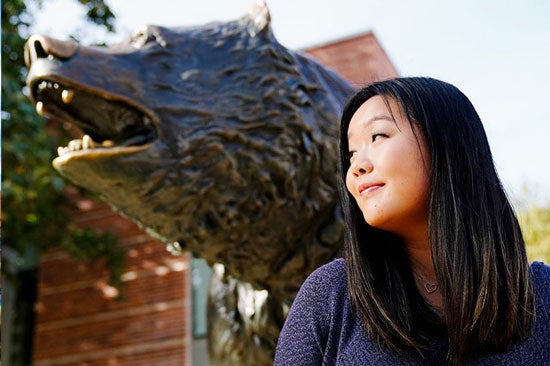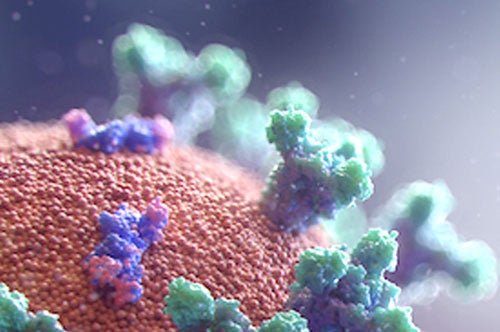Vaccinations
This page covers the following topics:
Vaccination policy
Vaccination policy: Per the UC Policy on Vaccination Programs, UCLA students, faculty and staff are required to attest to having received an updated 2024–25 COVID-19 vaccine or to affirmatively decline a vaccination through the UCLA COVID-19 Action Center portal.
Updated vaccines: Check the updated COVID-19 vaccines recommended by the Centers for Disease Control and Prevention.
Note: Those who work in UCLA Health clinical areas (including medical, dental and nursing clinics) will receive communications directly from UCLA Health regarding vaccination and other COVID-19 protocols.
How and where to get vaccines
Available vaccines
The following updated 2024–25 COVID-19 vaccines have been recommended by the CDC.
- Pfizer–BioNTech
- Moderna
- Novavax (unless receiving a vaccine for the first time)
Individuals should wait two months after receiving getting their last dose of any recommended COVID-19 vaccine before getting an updated vaccine.
People who are moderately or severely immunocompromised may have different recommendations for vaccines. For more information on vaccines, visit the CDC’s Vaccines for COVID-19.
Where to get your vaccine
Vaccines are available to members of the Bruin community through certain campus health facilities, state and local health agencies, and pharmacies.
Outside UCLA: The quickest option for most students and employees is to schedule a free off-campus vaccination appointment through:
At UCLA: Vaccines are also available through UCLA, though wait times vary.
- UCLA students
The Ashe Student Health & Wellness Center offers vaccines to students; information on how to schedule an appointment is available through the Ashe Center’s COVID-19 vaccine hub for UCLA students.
Confirm (or decline) your vaccination with UCLA
All students, faculty and staff who will be living, learning or working on campus or at other UCLA facilities are required to use the UCLA COVID-19 Action Center to self-attest that they are up to date on vaccinations or to affirmatively decline vaccinations.
For UCLA Extension students, these vaccine policy deadlines apply only to those in concurrent enrollment
On the COVID-19 Action Center site, take the following steps:
- Click on the button “COVID-19 Vaccine Verification”
- Select your UCLA affiliation
- Enter your Single Sign-On login credentials and follow the prompts
Pre-K–12 students
Students age who are eligible for vaccinations will receive information from the UCLA Lab School or the Geffen Academy at UCLA about notifying their program of their vaccination status.



